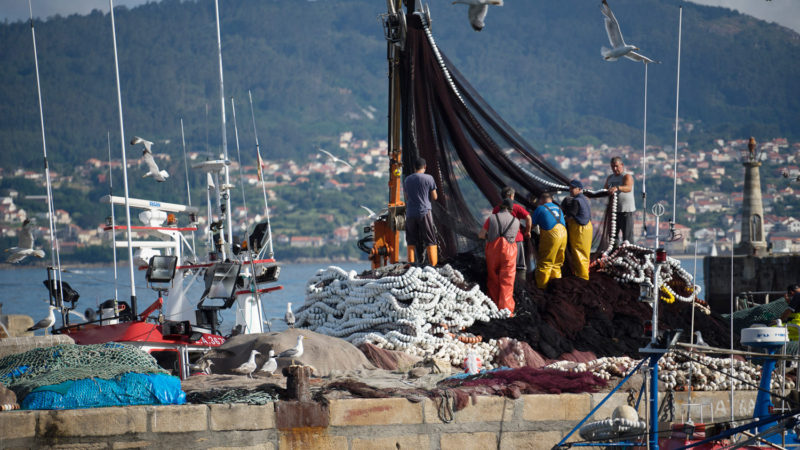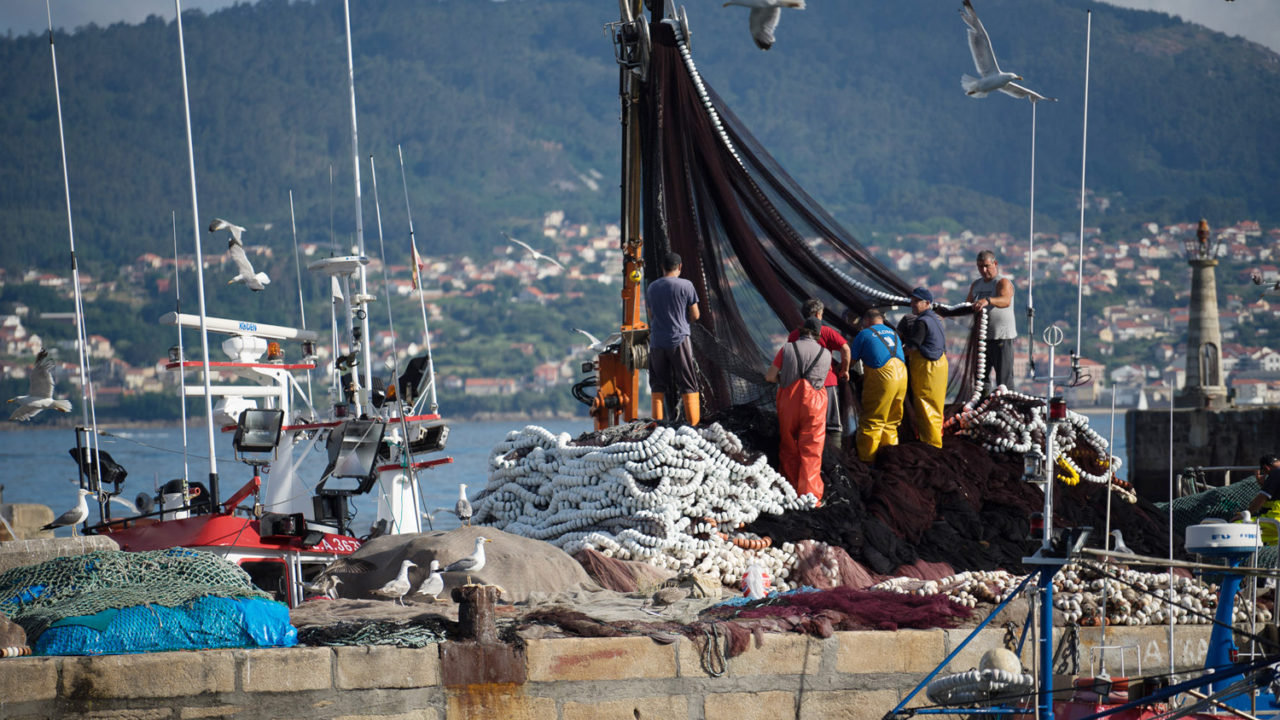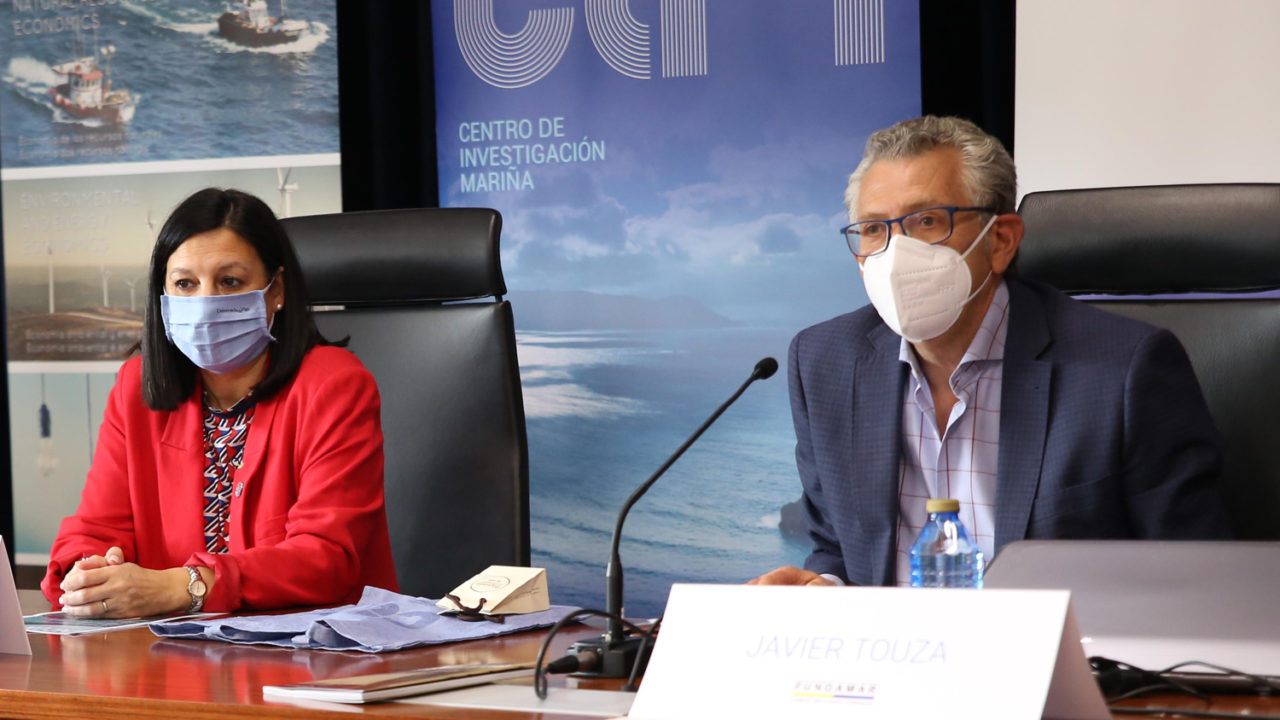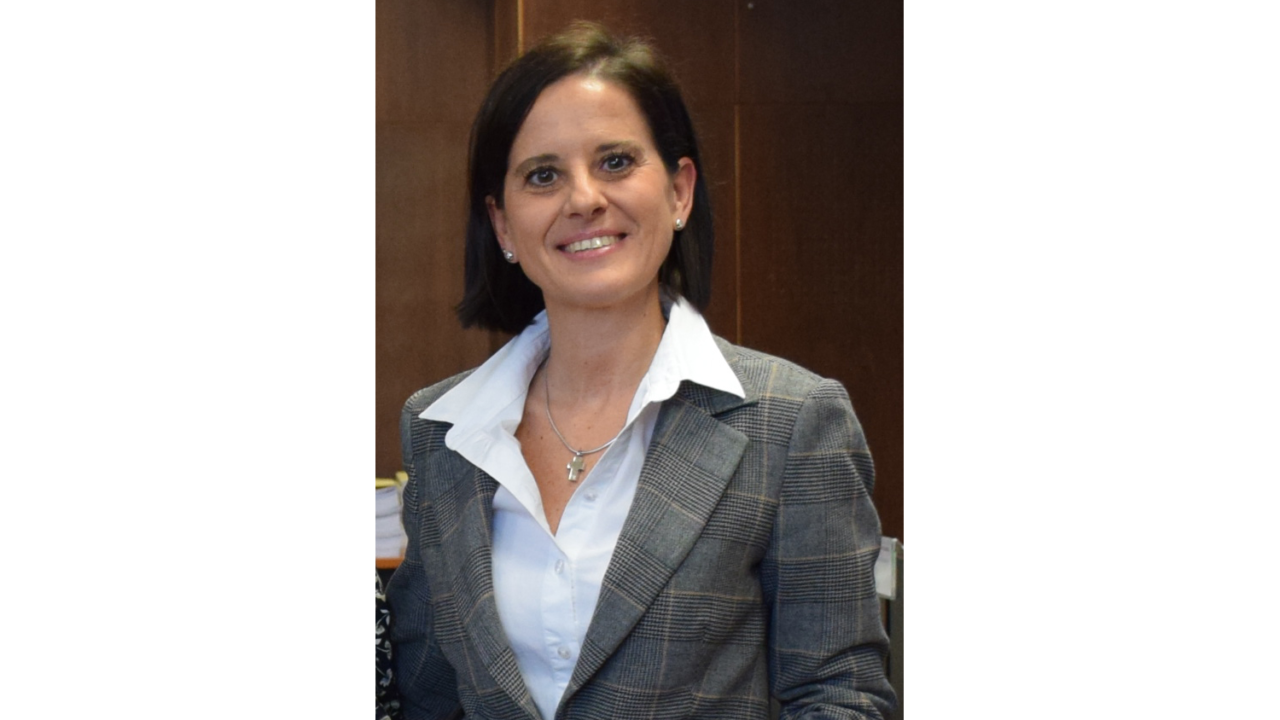The initiative also aims to bring science closer to society
Develop an action plan to promote responsible research and innovation in the marine field through social economy entities. With this objective, the PASOS project is presented, in which the Marine Research Center (CIM) and Ecobas (Economics and Business Administration for Society) of the University of Vigo and the Foundation for Fishing and Shellfishing (Fundamar) participate. The initiative is supported by the Eusumo Network, a network promoted by the Consellaría de Empleo e Igualdad de la Xunta de Galicia and of which the entities involved are part.
The work, explain those in charge of the project, “arises from the need to bring science closer to society and aims to address the challenges of the marine community by developing a common strategic framework based on the principles of responsible research and innovation (known as RRI) and the social economy”. This is the first joint initiative to be carried out between Fundamar and UVigo in the framework of the collaboration agreement that these entities signed last year to implement joint actions to promote research, training and knowledge transfer linked to the social and marine field. The project has a budget of more than 50,000 euros and will be developed between April 2021 and September 2022, being the leader for the University of Vigo Mª Mercedes Mareque, researcher at Ecobas and the RGEAF Group (Research Group in Economic Analysis, Accounting and Finance).
Two lines of activity
The PASOS project comprises two activities. The first is the development of an action plan for the promotion of responsible research and innovation in the marine field through social economy entities. In this case, an identification of social economy entities of the quadruple helix (private and public entities, academia and civil society) related to the marine sector in Galicia will be carried out. “Once identified and selected these entities, specific and relevant people will be identified in each of the areas of study to conduct in-depth interviews and two working groups will be defined,” they say from the project. These working groups, they add, are conceived as a space for reflection on the current situation of the marine sector and the challenges it faces. They will also promote a laboratory of ideas and projects on social economy in the marine field that respond to the social challenges of the sector through RRI, and the joint collaboration of entities from the research sector, education, private companies and social organizations.
The second activity will be the promotion and dissemination of responsible research and innovation through social economy entities in the marine field. Specifically, the project envisages the holding of three conferences with the participation of speakers and speakers of reference in the field of RRI and the social economy. The aim will be to publicize the work being done in this field, the impact generated in the marine sector and the benefits it brings at a social, economic and environmental level, as well as the opportunities for developing social innovation actions with social agents in the area. The conference will include a discussion and debate forum phase where ongoing initiatives and possible synergies/collaborations among participants will be presented.
With this program, the project aims to “establish a dialogue between the university and society and promote the implementation of new projects and initiatives of common interest based on the real needs of the marine sector”. Thus, the initiative, according to those responsible, aims to “reduce the gap that exists between the scientific community and society, encouraging different interest groups (civil society organizations, the educational community, the scientific community, policy makers and the business and industrial sector) to work together throughout the research and innovation process”.
Fonte: DUVI




